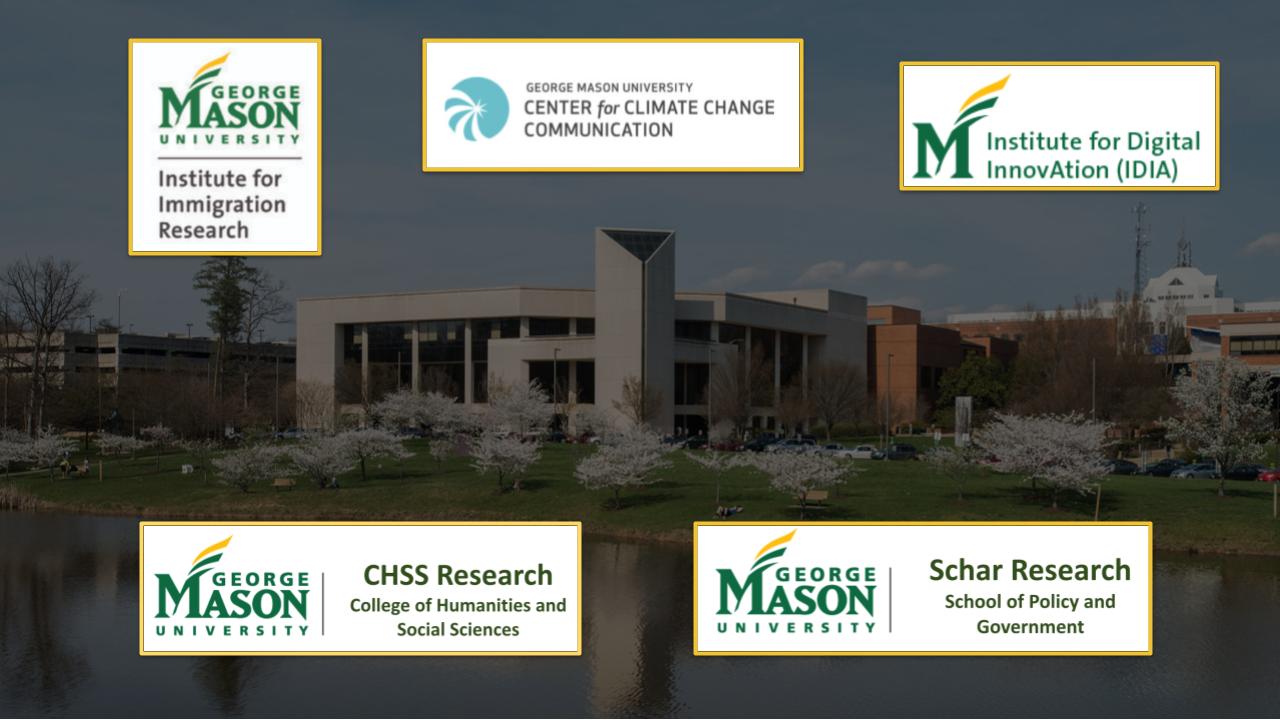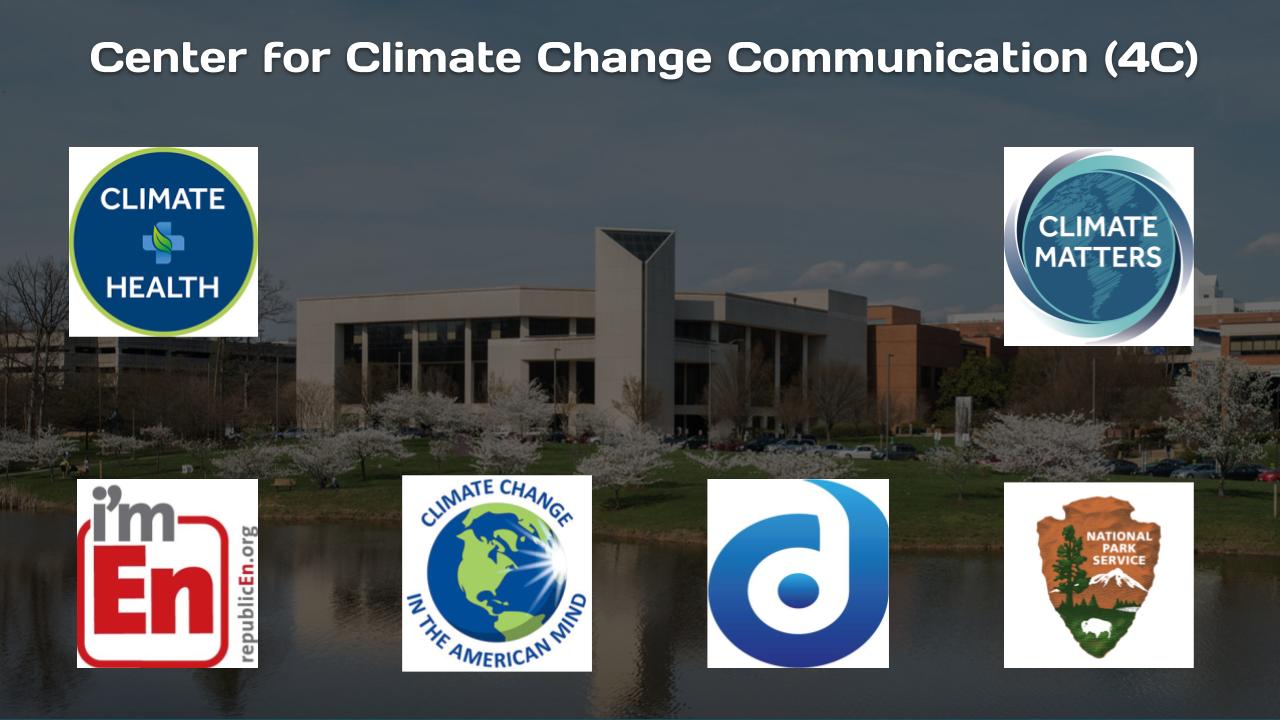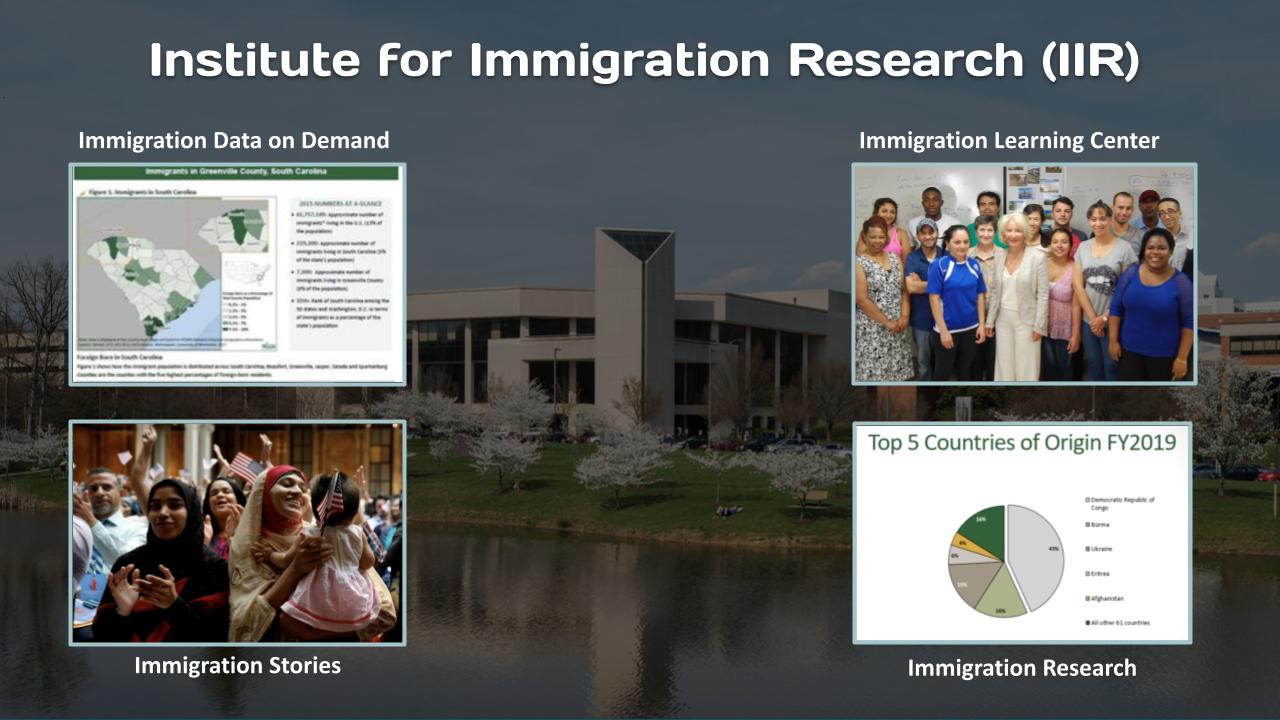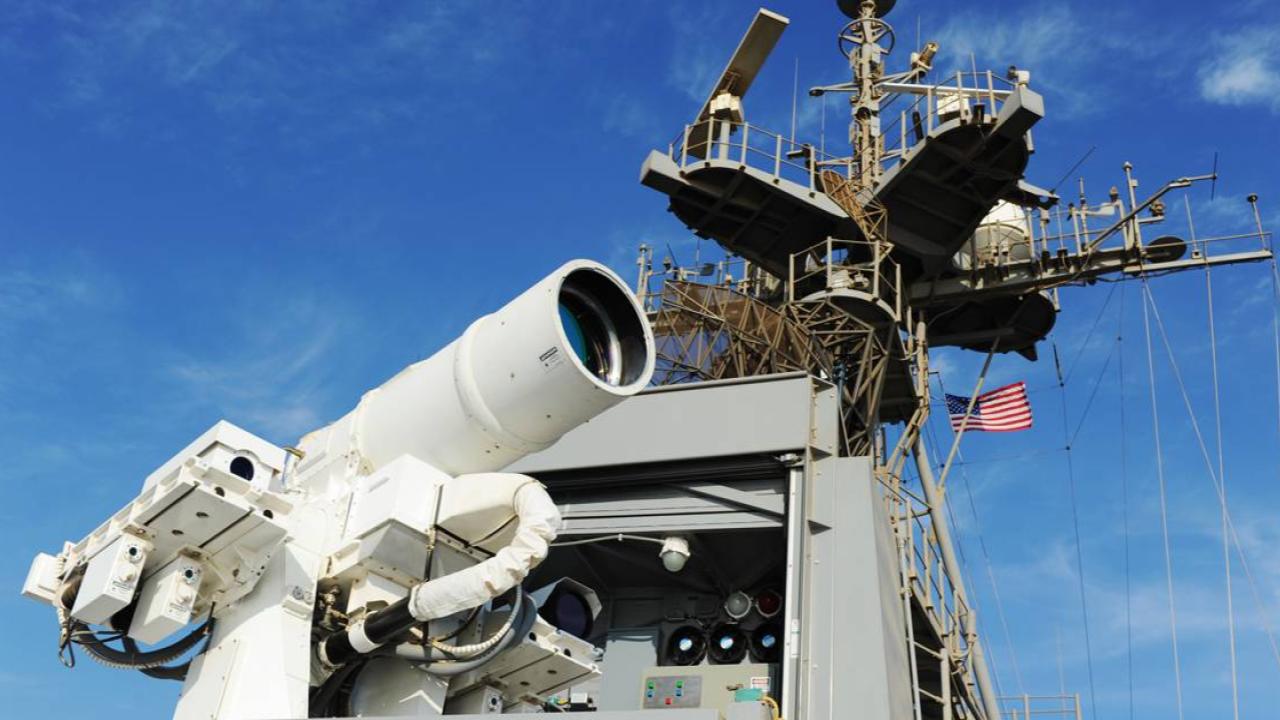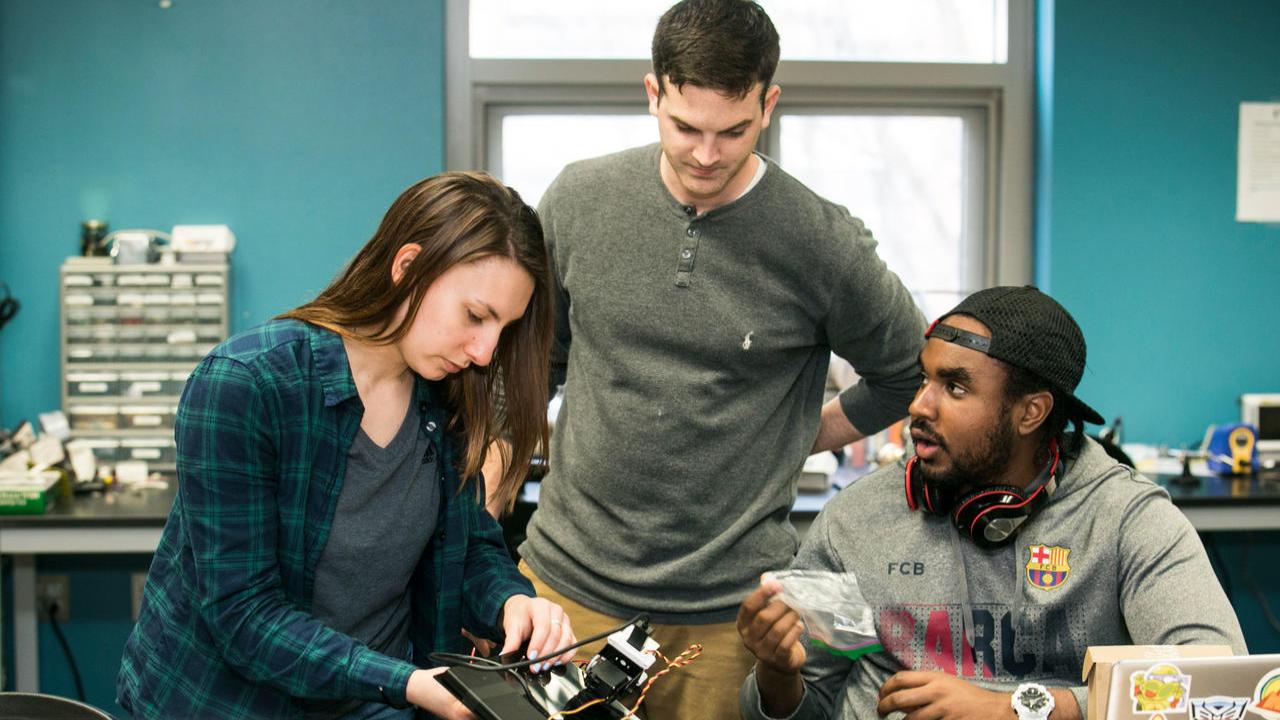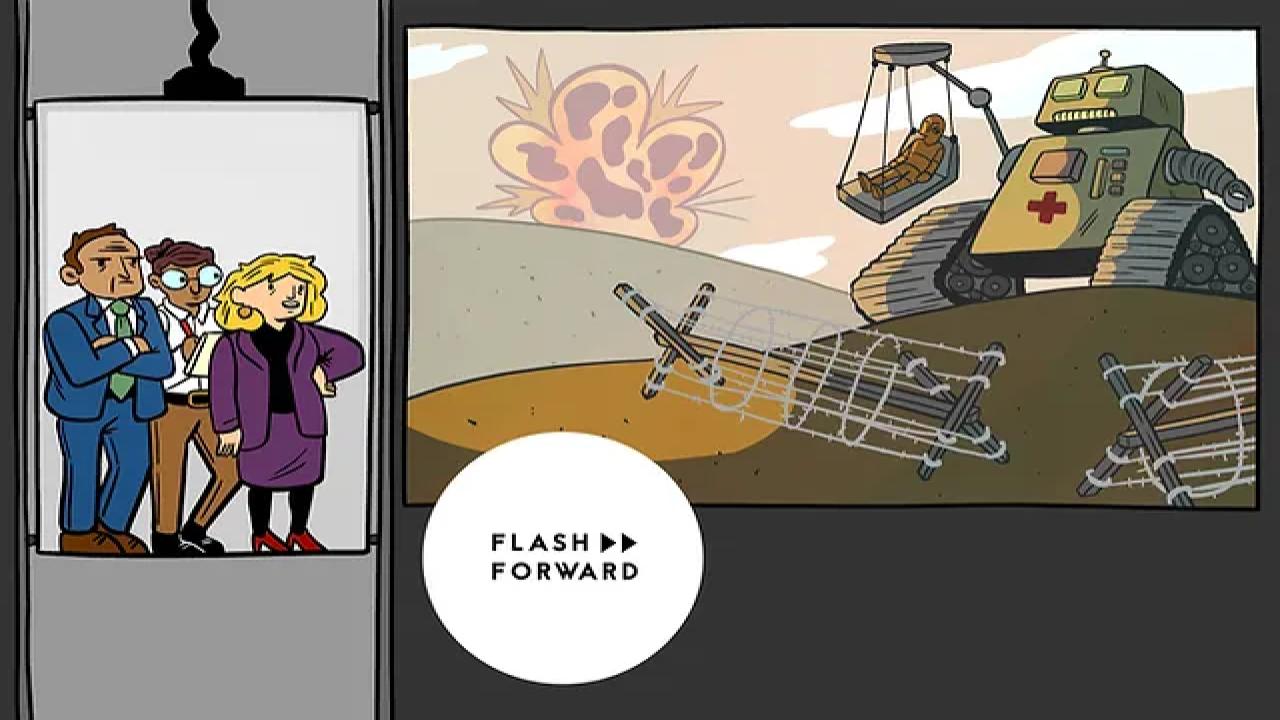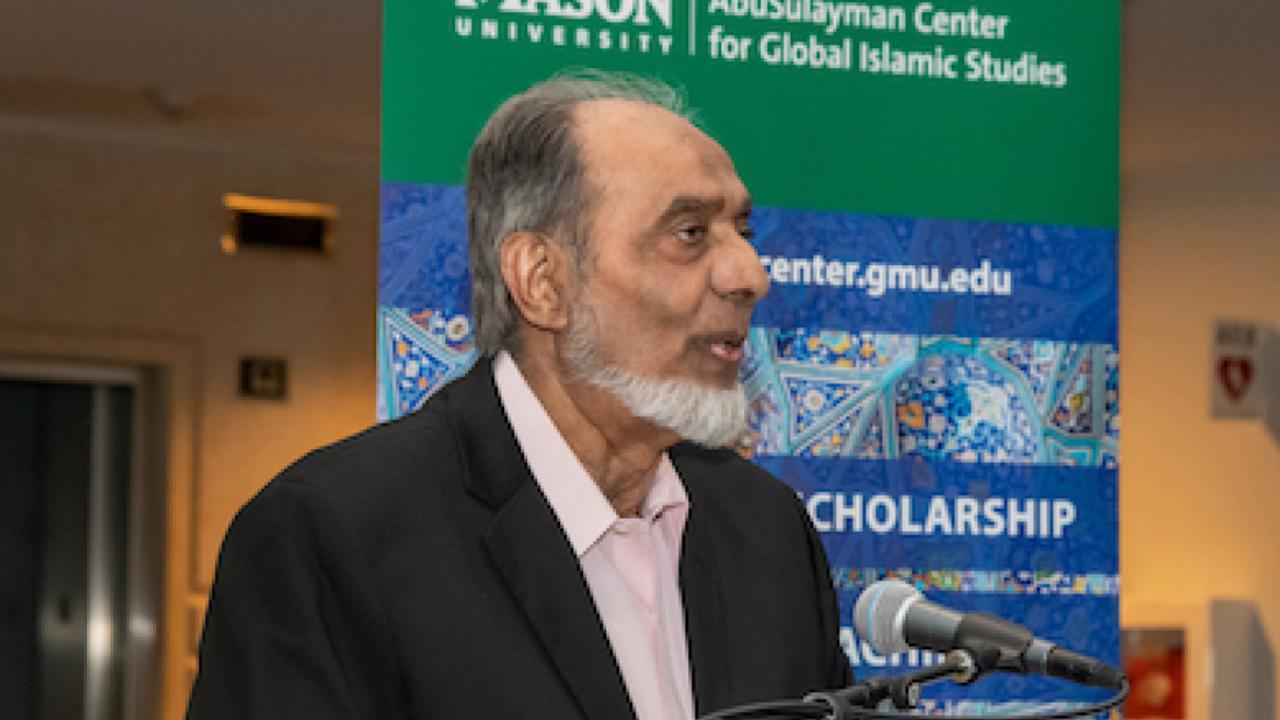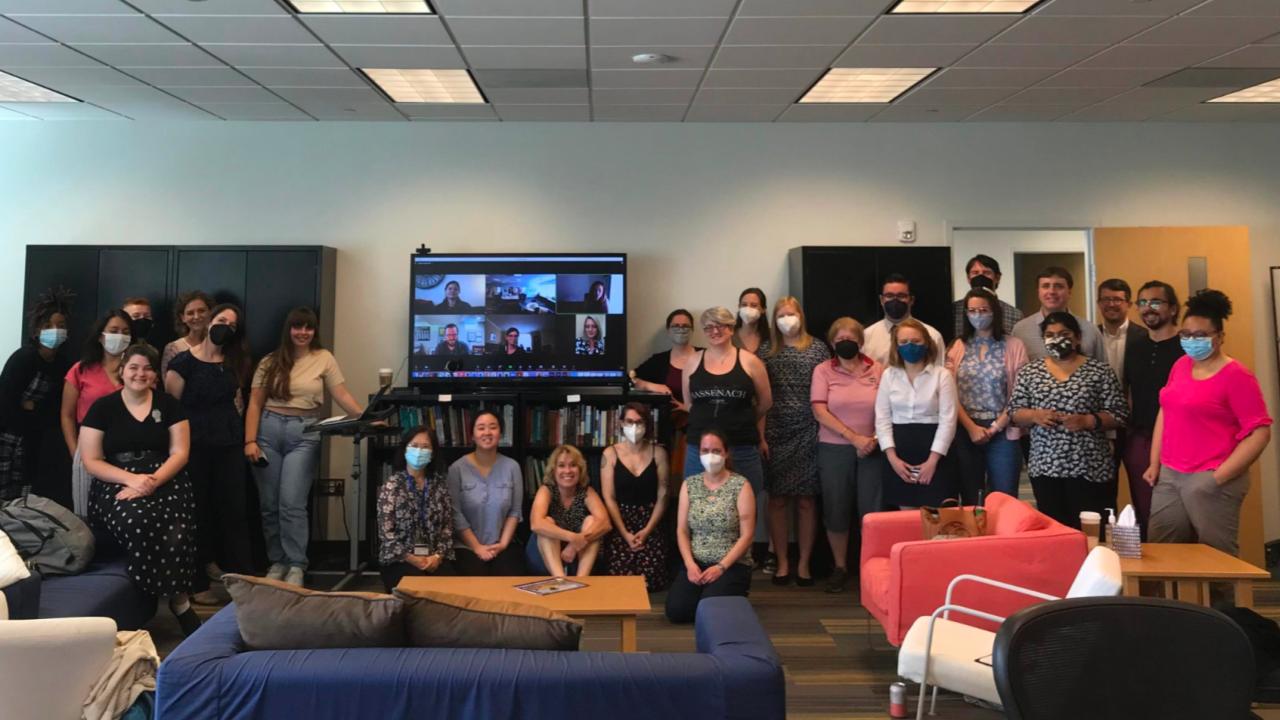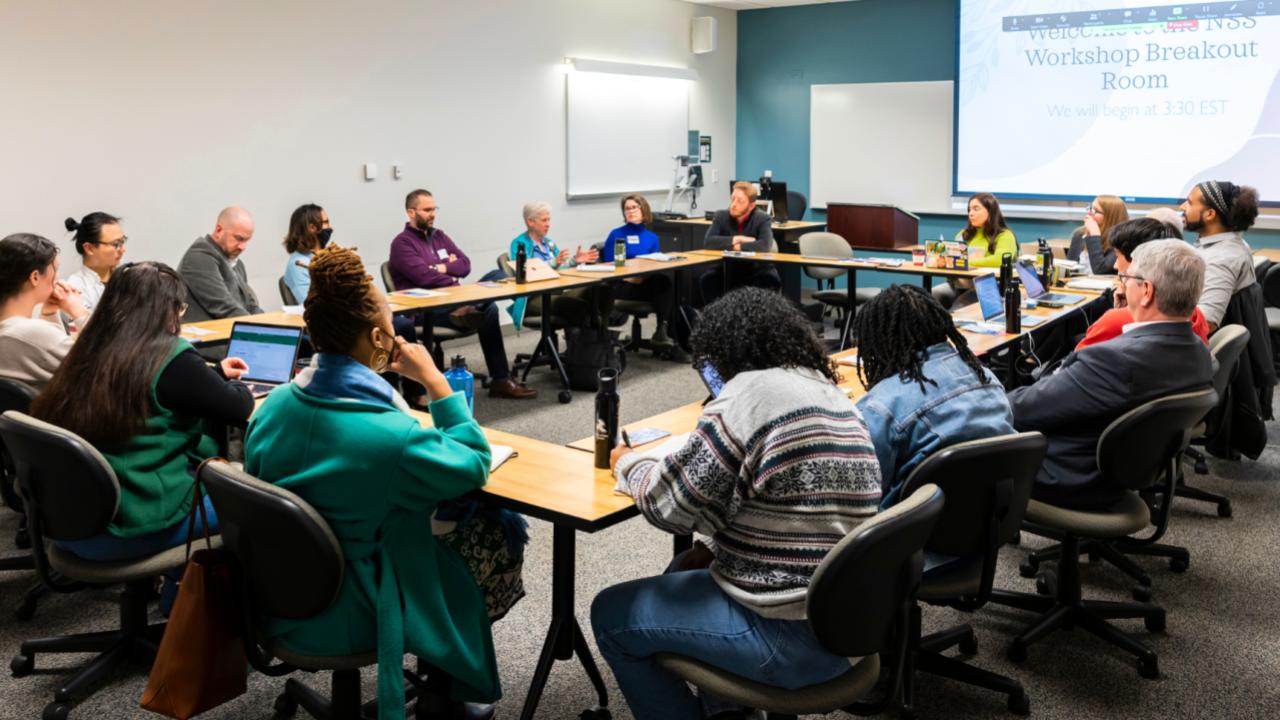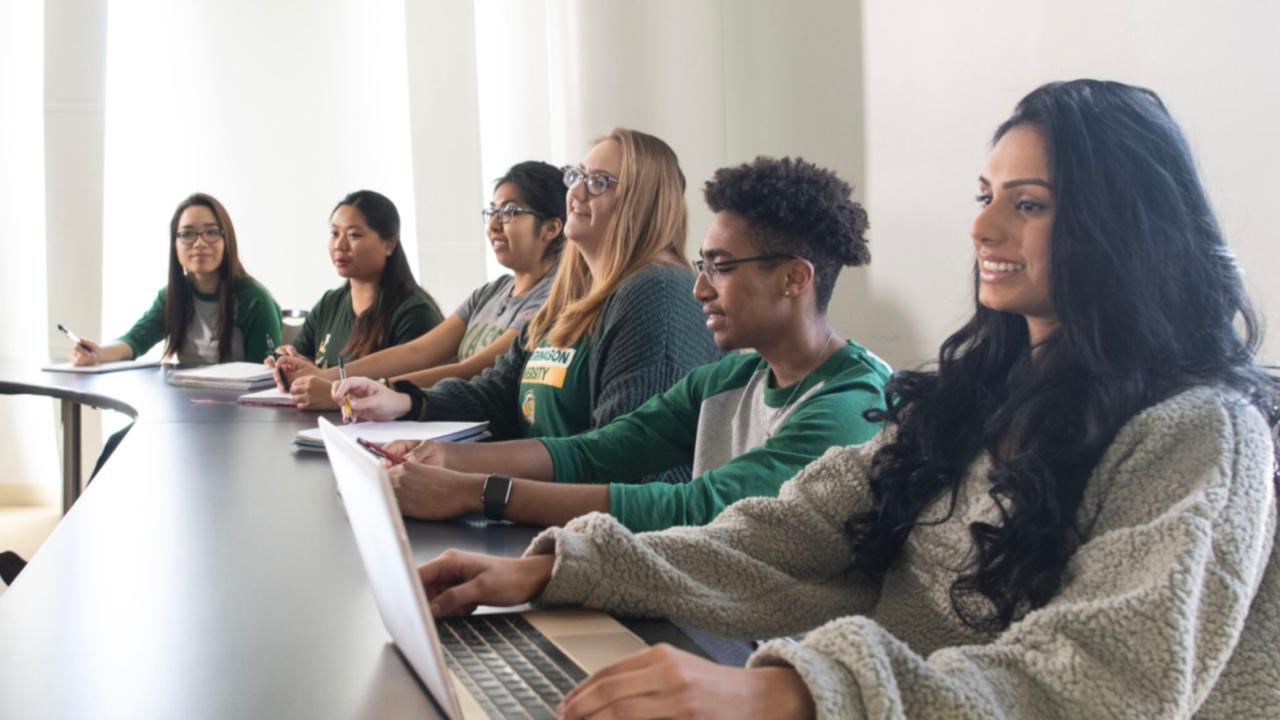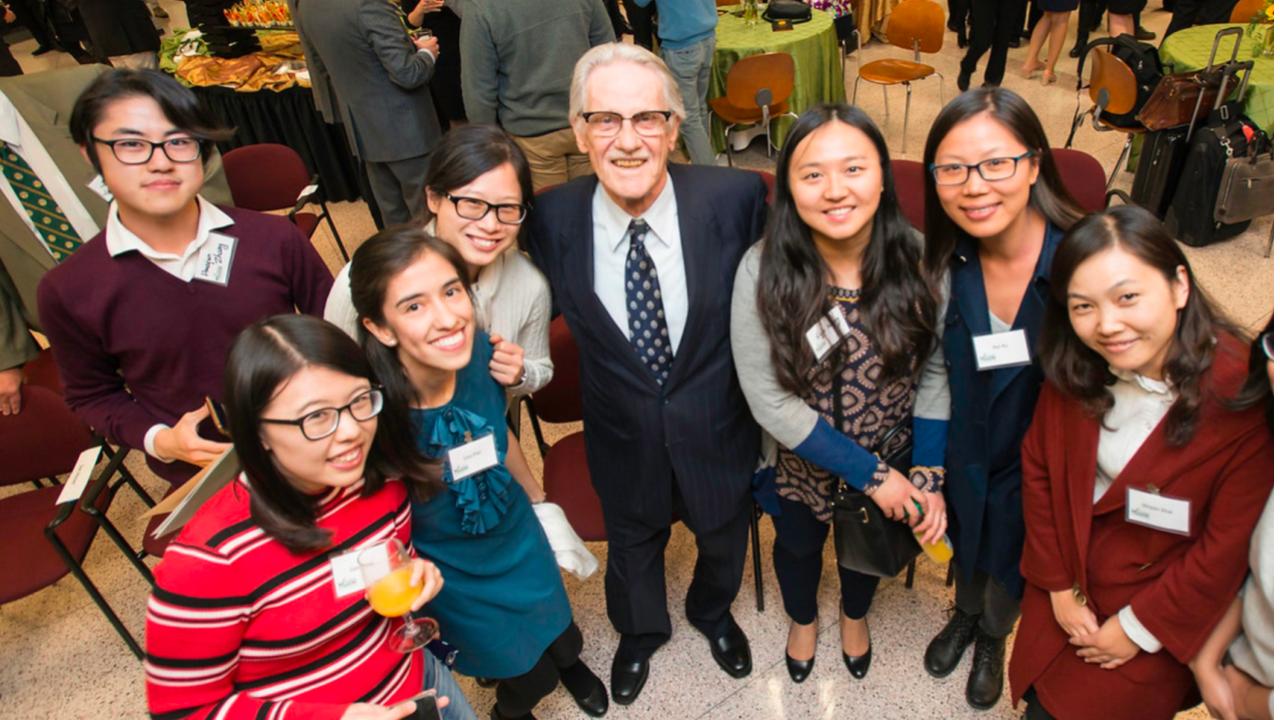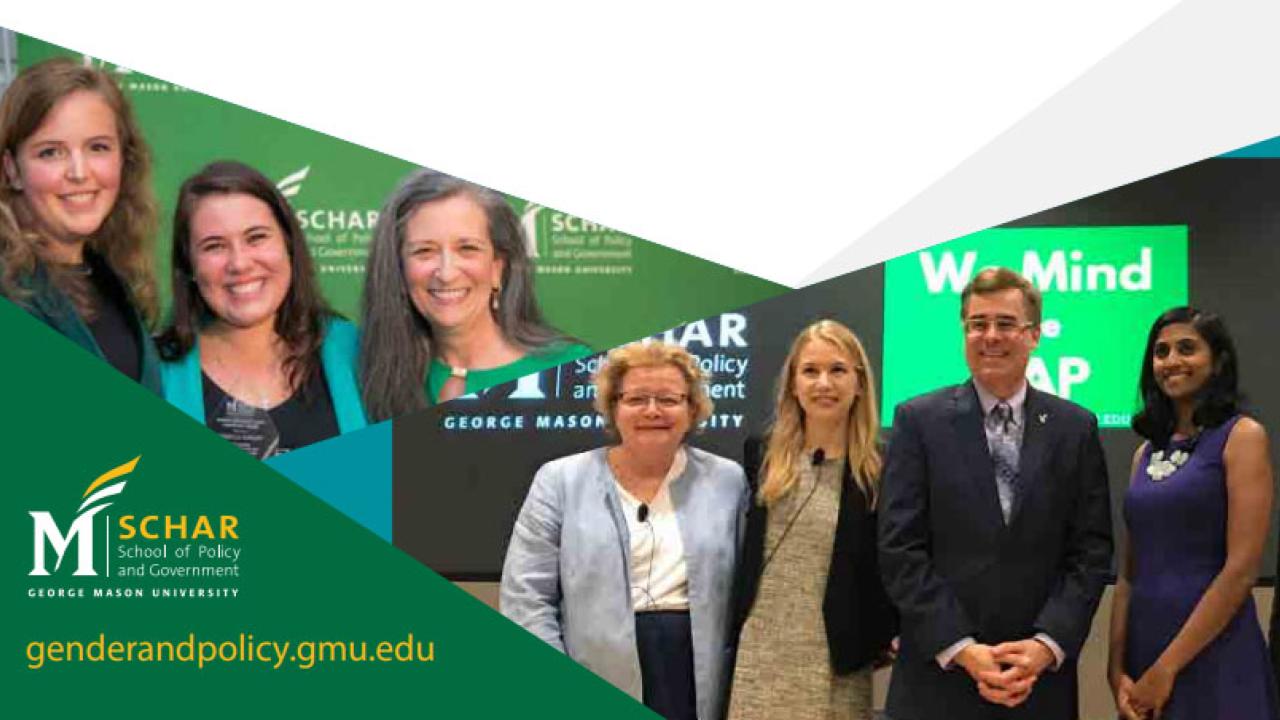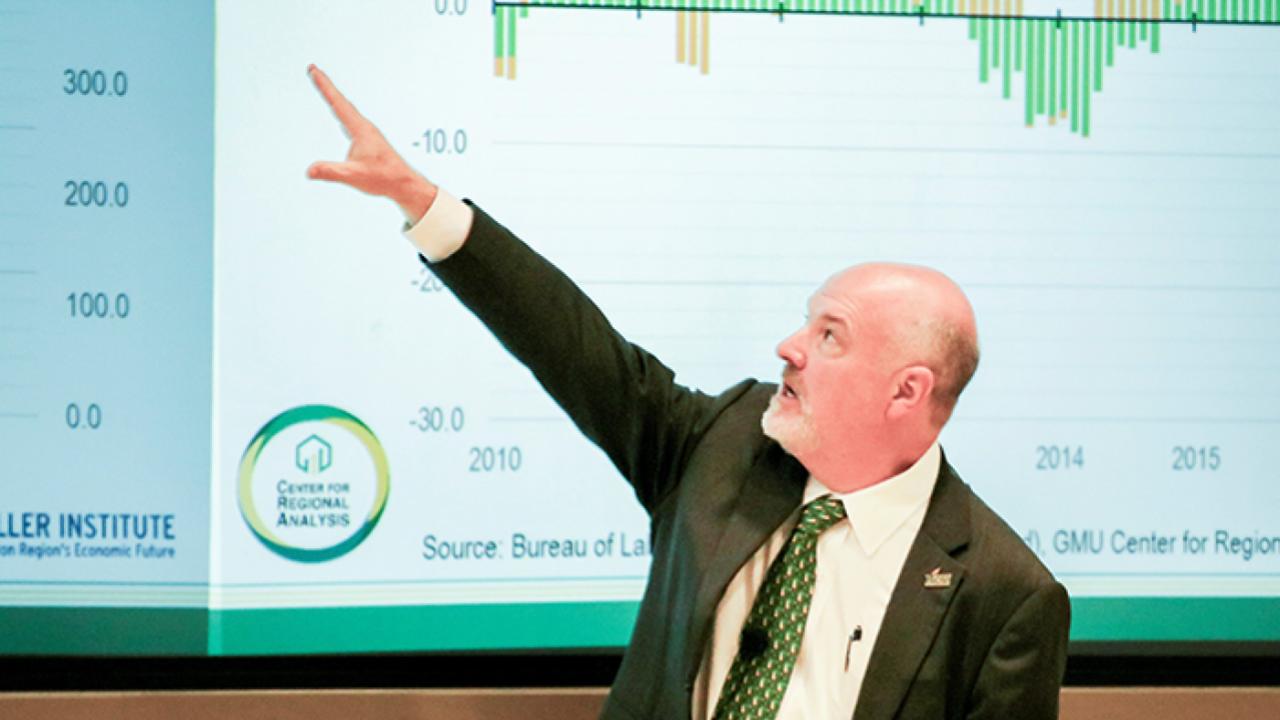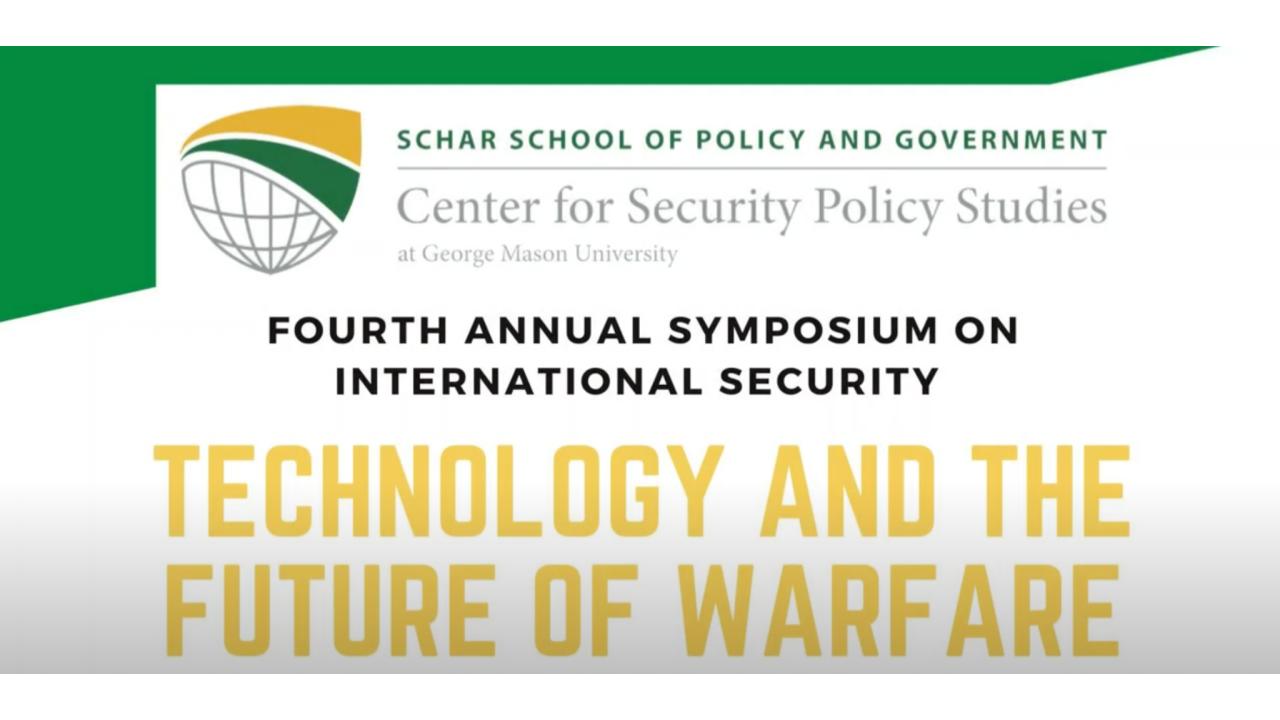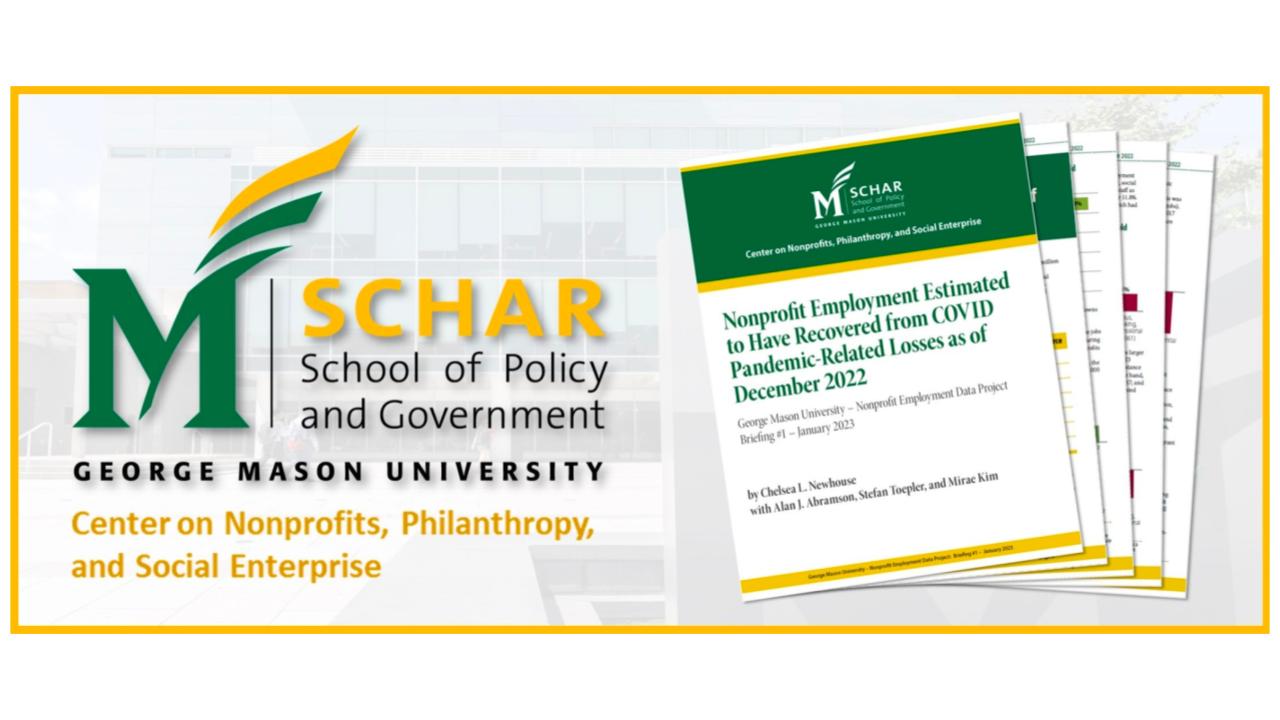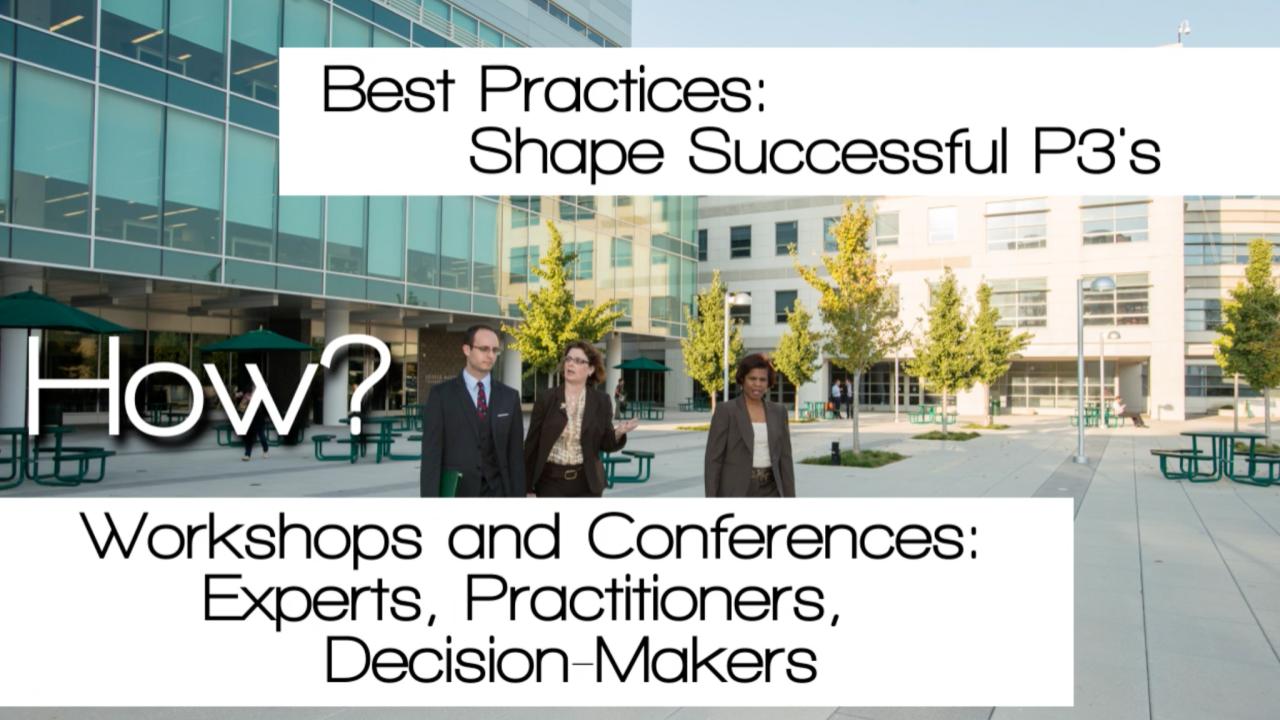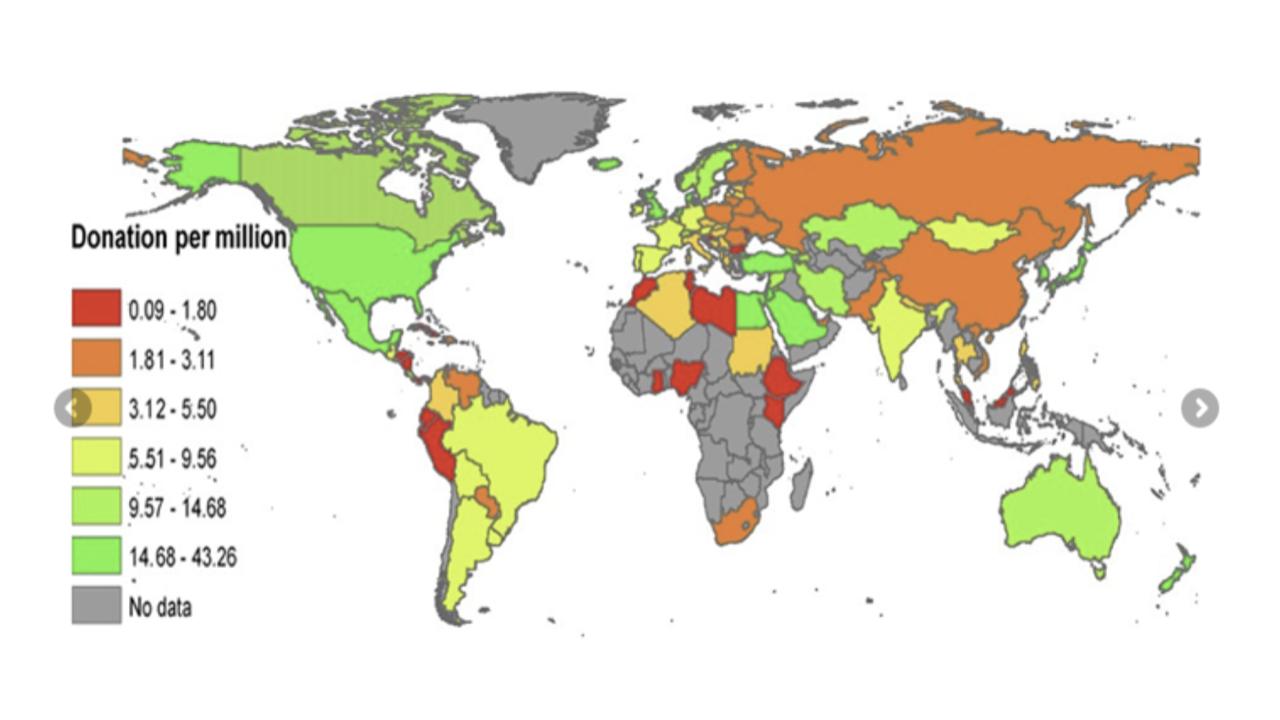Summary
George Mason University has numerous research centers that do research that have policy implications.
This post aggregates the research centers that are featured in Meet the Changemakers Day on Oct. 24, 2023. The feature image has the logos for the three research organization with town halls for Meet the Changemakers Day and the two academic units with the most research center presentations and roundtables.
Thumbnails 2-4 in the GMU Research Center slideshow have posts on the featured research town halls. Thumbnails 5-24 have posts on the research centers giving presentations and having roundtables. These centers are listed in the order of their presentations on MTC Day.
To view in full screen mode this post and other posts in this slide show, click anywhere on a Feature Image.
OnAir Post: GMU Research Centers
News
According to the World Bank, some 40% of Pakistanis—about 96 million people—do not have access to dependable electricity, and the demand for power continues to grow. The nation’s declining natural gas supply, lack of investment in new power generation, and corporate and political instability in the energy sector present a continuing, and extremely expensive, existential crisis.
Mason News, – July 21, 2023
Guardianship has long been the traditional way to support decision-making for people living with Alzheimer’s disease and other forms of dementia, but recent research conducted by George Mason University philosophy professor Andrew Peterson investigates an alternative that allows for more autonomy and a greater sense of dignity.
The approach is called supported decision making, and Peterson and his colleagues at the University of Pennsylvania have received a $3.1 million grant funded by the National Institute on Aging to investigate how it can improve health outcomes for people living with Alzheimer’s disease and other forms of dementia. The research is being conducted at the Penn Memory Center, an internationally recognized facility for diagnosis and care for persons living with dementia, where Peterson is an affiliate researcher.
In the second phase of the study, the team will conduct a clinical trial, in which some patients and care partners will be encouraged to use supported decision making while others are not. They will compare these groups with outcome measures related to quality of life, life satisfaction, sense of dignity and agency, and decision-making conflict.
By the end of the study, Peterson said they aim to have a supported decision-making guide that can be scaled to other memory centers nationwide, as well as an evidence base that can justify changes to guardianship law.
The transdisciplinary AI Strategies team examines how cultural values and institutional polices shape AI infrastructures in national and global contexts.
In May, a cohort of 20 selected AI and Tech fellows gathered at Mason Square for George Mason University’s AI Strategies first AI and Tech Policy Summer Institute. The event, which was also sponsored by Mason’s Institute for Philosophy and Public Policy, the Schar School of Policy and Government, the Institute for Digital Innovation, and the Center for Advancing Human-Machine Partnership, brought together scholars, industry experts, government officials, and civil society activists from multiple academic disciplines, backgrounds, and research interests.
The cohort convened to introduce Mason master’s and doctoral students in the social sciences, humanities, and select professional schools to the fundamental engineering concepts about how artificial intelligence (AI) works, policy and regulatory frameworks that are evolving to govern AI, debates on AI ethics, and issues surrounding security, economic, and human rights concerns from local to global levels.
“AI now impacts every kind of work and even play, from writing an email to ordering a book,” said Schar School of Policy and Government Distinguished University Professor J. P. Singh, who leads the AI Strategies team. “The knowledge from the summer institute is important for students who will eventually be responsible for using and controlling AI, which is already considered an existential threat in some quarters.
Researchers from the College of Humanities and Social Sciences’ Institute for Philosophy and Public Policy (i3p) played a key role in the project, from the pre-proposal stage to the present, providing insight on the ethical, social, and policy implications of emerging technologies. At the institute, i3p Acting Director Jesse Kirkpatrick, a member of the AI Strategies team, presented “Responsible Innovation and National Security,” which addressed existing efforts, challenges, and opportunities in responsible AI, and drew on his involvement in responsible AI research, policy, and practice across such sectors as academia, industry, and government.
Just what is AI?
This was one of the first questions posed by Missy Cummings, director of George Mason University’s Autonomy and Robotics Center, at the Future of AI roundtable in June.
“At the end of the day, AI can be a tool to help you in your job, but you need to understand both its strengths and weaknesses,” Cummings said. “That’s why Mason will be offering a certificate and master’s degree focused on responsible AI, so that people across industry and government can learn how to manage the risks while promoting the benefits of AI.”
The invite-only roundtable, hosted by the College of Engineering and Computing, explored the issues, challenges, and solutions to think about as AI technologies rapidly evolve and change almost as soon as they are introduced.
Cummings led the roundtable and highlighted AI areas like ChatGPT and autonomous driving systems that lack human reasoning skills. When human behavior, environment, and AI blind spots intersect, the resulting uncertainty contributes to fundamental limitations.
In general, large language models like ChatGPT will use what the average person is saying on the internet. This means it could pick up extremist views, if it is currently something trending or popular online.
It can also be a concern when it comes to diversity, she said.
“If a company uses ChatGPT to write their mission statement, in another five years, everyone’s mission statement will be the same,” Cummings said. “Creative thoughts and authenticity are lost. It’s important to understand how far we push these models, and what the long-term ramifications could be.”
Roundtable attendees from local universities and tech companies left with a greater understanding of how AI can impact everyday life, in more ways than one.
Congratulations to Dr. Roberta Spalter-Roth, faculty affiliate with the Institute for Immigration Research and Center for Social Science Research, for being named winner of the 2023 Stuart A. Rice Merit Award for Career Achievement from the District of Columbia Sociological Society (DCSS). The 2023 DCSS Awards Banquet will be held on May 18, 2023. Information about tickets can be found at https://dcsociologicalsociety.org/event-5268350.
According to the DCSS, the Stuart A. Rice Merit Award is presented to a distinguished senior member of the Society who has made a significant contribution to the discipline, and are judged on their collective accomplishments over the course of their professional careers. Dr. Spalter-Roth’s list of achievements and contributions to sociology spans decades of hard work and dedication. Congratulations, Dr. Spalter-Roth!
Labor shortages apply upward pressure to wages and thus prices
IIR Faculty Affiliate, Dr. Justin Gest, has published a Wall Street Journal commentary titled: “How Immigrants Tame Inflation: Labor shortages apply upward pressure to wages and thus prices.” The opinion piece draws on Gest’s research, which is also detailed in a Fwd.us report: “To lower inflation, America needs more immigration to alleviate national labor shortages.”
Featured Centers
The following institutes and research center are leading 50 minute town halls for Meet the Changemakers Day on October 24, 2023.
Center for Climate Change Communication (Mason 4C)
Source: GMU Website
As a result of human activity – primarily the burning of fossil fuels – the earth’s climate is becoming dangerously disrupted and destabilized. Our mission is to develop and apply social science insights to help society make informed decisions that will stabilize the earth’s life-sustaining climate, and prevent further harm from climate change. To achieve this goal, our center engages in three broad activities: we conduct unbiased communication research; we help government agencies, civic organizations, professional associations, and companies apply social science research to improve their public engagement initiatives; and we train students and professionals with the knowledge and skills necessary to improve public engagement with climate change.
The Director for the Center for Climate Change Communication is Ed Maibach.
John Kotcher, Chief Scientist will be presenting starting at 5 pm in Dewberry North and Dan Reed will be leading the Q&A session.
Institute for Immigration Research (IIR)
Source: GMU Website
The Institute for Immigration Research (IIR) is a multidisciplinary research institute at George Mason University. The IIR’s mission is to produce valid, reliable, and objective multidisciplinary research on immigrants and immigration to the United States and to disseminate this information through peer-reviewed academic journals, as well as in print and digital formats that make this research easily accessible to policy-makers, the media, the business community, and the general public.
Our faculty affiliates, graduate students, and partners are at the forefront of immigration research. The IIR produces high quality, timely research and analysis that examines the economic contributions of all immigrants in the United States, with a particular emphasis on immigrant entrepreneurs with high levels of education and skills.
The IIR is a joint venture between George Mason University and The Immigrant Learning Center, Inc. (ILC) of Massachusetts. The IIR was founded in 2012 through the generous donation of Ms. Diane Portnoy, educator and philanthropist from Malden, Massachusetts.
The IIR is located on the campus of George Mason University in Fairfax, Virginia, outside the nation’s capital, Washington, DC. Its strategic location allows the IIR to draw on unparalleled academic, government, and private resources to advance its mission in research, education, and professional opportunities for current and future scholars of immigration studies. Through conferences, workshops, lectures, and other events, the IIR is able to engage in community outreach with one of the most diverse populations in the United States.
Director:
James Witte is a Professor in the Department of Sociology and Anthropology and Director of the Institute for Immigration Research (IIR). Witte’s ongoing research includes the analysis of Twitter data on immigration and the Digital Archive Project in partnership with the American Sociological Association. Dr. Witte will be giving the town hall presentation starting at 6 pm in Dewberry North and leading the Q&A afterwards.
Institute for Digital Innovation (IDIA)
Source: Website
Vision
The Institute of Digital InnovAtion (IDIA) is George Mason University’s commitment to inclusively shaping the future of our digital society, promoting well-being, security, and prosperity.
IDIA is a sector leader that provides transdisciplinary research, innovation, and next-generation workforce development strategy across the university for scaled, sustainable growth in digital innovation, leverages synergies, strengthening the innovation ecosystem and growing capacities for transdisciplinary research, scholarship, and innovation, supports placemaking, instigating and building research and innovation communities around places and activating and supporting a culture of transdisciplinary research and shared research infrastructure, and amplifies the visibility and awareness of George Mason University as a globally recognized leader for its world-class research, innovation, and economic impact activities, as well as its next-generation students and scholars.
Associate Vice President of Research
Amarda Shehu is a Professor in the Department of Computer Science in the School of Computing in the College of Engineering and Computing at George Mason University.
She is also the Inaugural Founding Co-Director of George Mason University’s Transdisciplinary Center for Advancing Human-Machine Partnerships (CAHMP). Shehu served as an NSF Program Director in the Information and Intelligent Systems Division of the Directorate for Computer and Information Science and Engineering during 2019-2022. Dr. Shehu will be giving the town hall presentation in Dewberry North starting at 7 pm and leading the Q&A afterwards.
CHHS Research Centers
Dr.Michele Schwietz, CHSS Research Director has contributed significantly in assisting Democracy onAir with the scheduling and coordination of participating CHHS research centers.
In addition to the Institute for Immigration Research and the Center for Climate Change Communication, the College of Humanities and Social Sciences will have six more research centers participating in Meet the Changemakers Day. See below.
Institute for Philosophy and Public Policy (i3p
Source: Website
The Institute for Philosophy and Public Policy, founded in 1976 by Peter Brown and Henry Shue, is one of the oldest research institutions in the United States providing expertise on the normative dimensions of public policy. The Institute works on pressing issues in public policy, including climate change and environmental policy, peace and security, bioethics and emerging technologies, international human rights, international criminal law, and global demands for justice.
Over 40 Years of Philosophy and Public Policy
The Acting Director for Institute for Philosophy and Public Policy is Jesse Kirkpatrick.
Center for Social Science Research (CSSR)
Source: Website
George Mason University’s Center for Social Science Research (CSSR) is committed to conducting publicly engaged social research that can promote social justice and inform equitable social policy. Housed within the Department of Sociology and Anthropology, the CSSR builds on a long tradition of social science research for the public good. At its center are thematic research hubs focused on quantitative, qualitative, community-engaged research, and program evaluation.
Our Priorities:
- Creatively marshal social science research for problem-solving ends.
- Strengthen civil society by supporting research initiatives that serve the public, build sustainable communities, and promote dignified lives.
- Promote interdisciplinary engagements among scholars and practitioners to respond to deep challenges confronting local and global communities.
- Draw stakeholders beyond the university and equitably engage a diversity of perspectives and expertise to build community capacity through social science knowledge.
- Support students seeking careers in the social sciences through professional development programming.
AbuSulayman Center for Global Islamic Studies (ACGIS)
Source: Website
The mission of the AbuSulayman Center for Global Islamic Studies is to advance a sound and nuanced understanding of Muslim societies and the Islamic faith, its role in world history, and its current patterns of globalization. The center recognizes that Islam is a universal faith and a world civilization with a global community. Thus, the center provides a global, rather than regional, framework for exploring Islam.
The AbuSulayman Center for Global Islamic Studies supports research, interdisciplinary academic programs, and community outreach. By providing educational and research opportunities for students, faculty, and visiting scholars, it is helping develop 21st century leaders with a sophisticated understanding of the complex dynamics that shape Muslim communities worldwide.
The Director for the AbuSulayman Center for Global Islamic Studies is Maria M Dakake.
Roy Rosenzweig Center for History and New Media (RRCHM)
Source: Website
We use digital media to democratize history.
Our digital projects emerge from our engagement with the practice of history in universities, schools, libraries, archives, museums, and local communities.
They are shaped by collaborations with practitioners and audiences, and are produced by teams of researchers, developers, designers, and graduate and undergraduate students.
In 2020, our various projects attracted an audience of more than 2 million unique visitors. To do this work, and to keep our projects free and open access and (mostly) open source, we depend on grant funds from government agencies, private foundations, and individuals who believe in our mission. We also do contract work for like-minded organizations across the humanities, in education, and in public history.
The Executive Director for the Roy Rosenzweig Center for History and New Media is Lincoln Mullen.
Interisciplinary Center for Economic Science (ICES)
Source: Website
The Interdisciplinary Center for Economic Science (ICES) at George Mason University is a research center and laboratory affiliated with the Antonin Scalia Law School, School of Business, Department of Economics in the College of Humanities and Social Sciences, and the Mercatus Center. ICES was founded in 2001 by Vernon Smith (2002 Nobel Laureate in Economics), and it has been directed by Daniel Houser since 2009.
ICES brings together researchers and students interested in using the methods of experimental economics to answer research questions from a variety of fields. Using both laboratory and field experiments, research at ICES has been conducted in such areas as public choice, development, bargaining, neuroscience, and economic systems design (ESD).
Center for Evidence-Based Behavioral Health (CEBBH)
Source: Website
The mission of the Center for Evidence-Based Behavioral Health (CEBBH) is to increase the availability of cutting-edge, culturally responsive, evidence-based behavioral health interventions in our community and beyond for all youth, adults, and families in need. We are also committed to decreasing barriers in access to care so that all individuals have access to these high-quality behavioral health services. We accomplish these aims through two venues.
The Center for Evidence-Based Behavioral Health director is Christy Esposito-Smythers.
Schar Centers
Dr. Naoru Koizumi, Schar Research Director, has contributed significantly in assisting Democracy onAir with the scheduling and coordination of participating Schar research centers.
The nine Schar research centers participating in Meet the Changemakers Day are summarized below.
Center for Advancing Correctional Excellence (ACE!)
Source: Website
The Center for Advancing Correctional Excellence (ACE!) conducts public policy research to improve outcomes from the justice and health systems while advancing scientific knowledge about effective interventions, successful implementation and high performing organizations. Center faculty and students design and conduct original research that addresses key policy questions, and improves methodologies for conducting studies in justice and health settings and translating evidence into practice. ACE! is an active, engaged research center serving Virginia, the nation, and the world.
Center for Biomedical Science and Policy (CBSP)
Source: Website
The center aims to advance research in the intersection of: i) biomedicine/healthcare; ii) bioinformatics and other big data analytics; and iii) medical/health policies. The mission of the proposed research center is to bring together like-minded research faculty with different backgrounds including biology, medicine, biostatistics/informatics, mathematical modeling and big-data analytics to perform cutting-edge research with direct policy relevance.
Center for Business Civic Engagement (CBCE)
Source: Website
The Center for Business Civic Engagement, directed by professor David Rehr, conducts research on a wide range of topics revolving on how public institutions can utilize private sector tools to be more effective and efficient in their missions. The focus of the center revolves around government financial transparency, government accountability, civic engagement, and best practices in business advocacy so government can make informed decisions on public policy.
Center for Energy Science and Policy
Source: Website
This center, a joint initiative of the College of Business and Schar School of Policy and Government, provides objective analysis of key issues in the energy field that is grounded in original research. It serves as a center of gravity for the many researchers at George Mason whose work engages them with these issues and connects them with decision-makers in the economy, society, and government.
Center for Regional Analysis
Source: Website
The George Mason Schar School of Policy and Government’s Center for Regional Analysis is the clearinghouse for economic data and forecasts specific to the Washington, D.C. region. Its fiscal analyses, economic indicators, demographic studies, information services, and data products are relied on by business and government executives as they seek to stimulate investment and development and spur enterprise in Northern Virginia, Washington, D.C., and suburban Maryland.
Center for Security Policy Studies (CSPS)
Source: Website
The Center for Security Policy Studies (CSPS) provides a vibrant intellectual space for Mason students and faculty to work alongside government, military, think tank and private sector experts to address today’s pressing security issues. Such challenges range from so-called ‘traditional’ threats, including great power conflict, civil war, nuclear proliferation, and terrorism, to so-called ‘nontraditional’ threats, including climate change, pandemic disease, demographic shifts, extreme poverty, state failure and refugee crises.
All of these threats transcend traditional academic boundaries. Therefore, CSPS seeks to produce multidisciplinary, policy-relevant research by leveraging experts from across George Mason University. CSPS also sponsors innovative extracurricular activities for Mason students to prepare them for service as tomorrow’s security scholars and leaders.
CSPS has three overarching goals:
- Facilitate collaboration between scholars and practitioners from across George Mason University and Washington D.C.
- Generate multidisciplinary research relevant to today’s most pressing defense and security challenges
- Attract, recruit, and educate George Mason University’s best and brightest students to prepare them for service as tomorrow’s scholars and leaders
Center on Nonprofits, Philanthropy, and Social Enterprise
Source: Website
The Center on Nonprofits, Philanthropy, and Social Enterprise seeks to improve the effectiveness of nonprofit organizations, philanthropy, and social enterprise through research, training, public education, and other initiatives that engage those who care about these important institutions and activities. Current major interests are: the state of the regional, national, and international nonprofit sectors; nonprofit-government relations; the role of foundations and philanthropy in our society; nonprofit accountability, governance, and effectiveness; global civil society; and social enterprise and social entrepreneurship. Mason’s center is a long-time member of the Nonprofit Academic Centers Council (NACC), the major association of university-based, nonprofit research centers in the U.S. This new center replaces the previous Center for Nonprofit Management, Philanthropy, and Policy.
Center for Transportation Public – Private Partnership Policy
Source: Website
The Center for Transportation Public-Private Partnership Policy is dedicated to advancing objective considerations of transportation P3s through research, education, and public service. Virginia has been a leader in innovative transportation finance in the U.S. – the Commonwealth’s 1995 Public-Private Transportation Act (PPTA) was one of the first state laws of its type. Virginia’s program has continued to expand with major facility improvements throughout the state as evidence of its impact.
Public sector resources are no longer keeping pace with the maintenance, rehabilitation, and improvement needs of the nation’s transportation infrastructure. Public-private partnerships can supplement and leverage scarce public funding and can deliver significant infrastructure improvements and associated public benefits through the innovation, efficiency, and capital resources available in the private sector.
Limitations of P3s, however, include valid concerns about balancing public and private benefits and risks. Numerous misconceptions also hamper their progress.
Better information and objective analyses are needed to assist public decision-makers as they pursue improved delivery of infrastructure and supplements to traditional funding sources. Targeted education for administrators, elected officials, and the public about transportation P3 policy is essential.
The Center was launched in 2013 with the support of the Commonwealth of Virginia to develop advanced research and education. It is housed within the Schar School of Policy and Government at George Mason University in Arlington, Virginia.
Gender and Policy Center
Source: Website
he Gender and Policy (GAP) Center leverages the existing expertise of George Mason University’s Schar School of Policy and Government to investigate and address the
underrepresentation of women in positions of influence and power in the public sphere,
as well as identify policy inequities for women and other underrepresented groups.
By combining teaching, experiential learning, and scholarship about today’s most
challenging gender and policy issues, the GAP Center prepares Schar School students to
become empathetic, problem-solving leaders who excel in their chosen careers in the
communities they serve.
Tackling topics in three primary areas—politics and public authority, women’s
health and wellbeing, and gender-based violence—GAP Center faculty and students
collaborate as researchers, and benefit from the extensive knowledge and expertise of
an Advisory Board comprised of professionals from the public and private sectors.
More Participating Research Centers
Quantum Science and Engineering Center (QSEC)
Source: Website
Science at quantum scale controls chemistry and the behavior of materials, therefore the “second quantum revolution” develops new electronics and digital information technologies. Quantum materials host collective electronic phenomena that exhibit unconventional behaviors and can potentially serve as the basis for entirely new computing concepts. Advancements in technology are inevitably driven by the combination of new, nonclassical materials, sensors, and algorithms. Success in such areas requires a new generation of interdisciplinary researchers who approach quantum with an open mind.
The Quantum Science and Engineering Center (QSEC) at George Mason University supports the exploration of these high-risk high-reward ideas by fostering a collaborative, interdisciplinary, community-focused environment at Mason. This provides a unique environment for graduate students, undergraduate students, and postdoctoral researchers to make transformative contributions to quantum technology.
The Director and founding member of the Quantum Science and Engineering Center (QSEC) is Patrick Vora.
Dr. Vora received his PhD from the University of Pennsylvania in 2010 in experimental hard condensed matter physics. He has also developed expertise in ultrafast spectroscopy and quantum information through a postdoc at the Naval Research Laboratory.
At George Mason University, Dr. Vora works with graduate and undergraduate students to study quantum phenomena in atomically-thin materials using optics, electronic transport, and magnetic measurements. His teaching interests focus on PHYS260, PHYS412/512, and PHYS 407.
